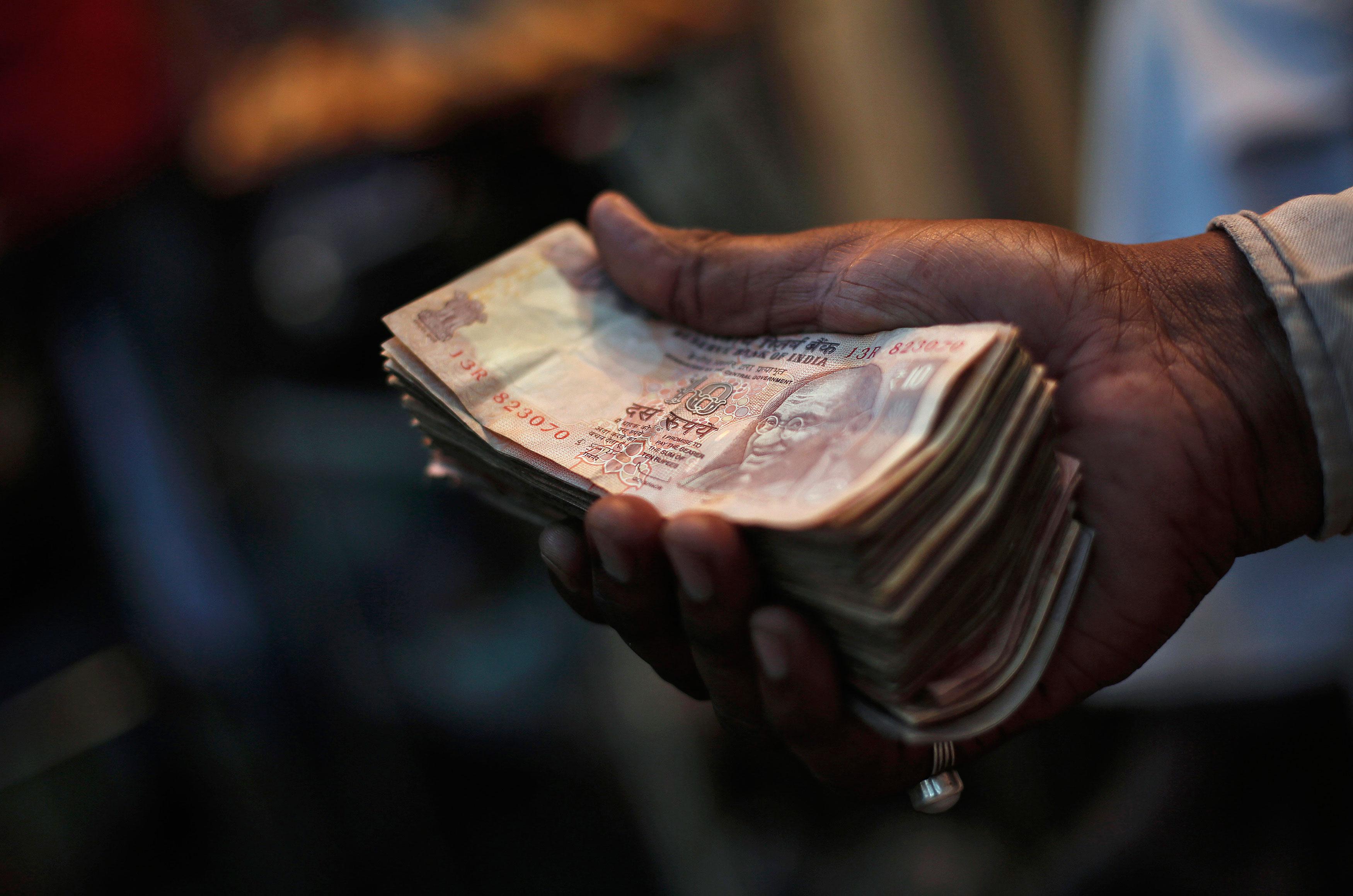Close to three dozen private equity firms which used investment entities based in Mauritius to route money into Indian portfolio companies have received income-tax notices for payment of Minimum Alternate Tax (MAT) on the capital gains accrued to them for sale of such shares, according to Business Standard.
MAT is an alternative income tax currently pegged at the rate of 20 per cent to be paid based on the ‘book profit’ of the company, which is to be computed according to the Indian Companies Act requirements. MAT is payable when income (or rather gains in this case) exceeds the tax payable on income computed according to the normal provisions of domestic tax law. It was originally introduced as a way to deal with companies (especially in the manufacturing sector) that had very large profits but did not pay much by way of taxes due to various tax adjustments and incentives.
However, experts are of the opinion that funds operating out of tax havens cannot fall under the purview. They are united in the opinion that such notices are far fetched and do not hold much water.
“Technically, they (PE funds) are not supposed to keep books of accounts in India. There is no question of deriving any tax from companies that do not keep books of accounts here. The funds that operate out of other places like Mauritius maintain their records there,†says Kirti Shah, partner at auditing and consulting firm BDO India. He has claimed though that none of his clients has received such a notice.
“Foreign funds do not come under the purview of MAT and since most PE funds invest out of countries with tax treaty, there is a strong case against paying MAT,†says Shefali Goradia, partner at BMR Advisors. “This act is outstretched from the Indian side and should die down either in the Budget or after it,†she said.
“This act of sending notices is more of a showcase where an explanation is required. I don't think it can go beyond this stage,†Goradia said.
“We understand that they (PE firms) have received these notices and what it is saying is that if you are a company trading and operating in India, you have to pay up the MAT,†says Amrish Shah, partner & national leader, transaction tax at consulting firm EY (formerly Ernst & Young). He refused to name the clients who have received such notices.
He added that he expects a clarification on the issue in the upcoming Budget. “Central Board of Direct Taxes (CBDT) might clarify on this,†Shah said.
According to the double taxation avoidance treaty signed between Mauritius and India, there is no payment obligation on capital gains. India has been trying to bring capital gains under the tax purview to make more stringent laws for companies operating out of Mauritius but has not taken any concrete steps towards this so far.
“The ones that have received the notice will have to file a necessary reply as this is a show-cause which is on technical grounds,†Shah of EY said.
“People (fund managers) are looking forward to having a transparent working environment and this is one of the things they seek clarification on,†he said adding, “Even the field officers of taxation department are awaiting instruction to take the next course of action.â€
(Edited by Joby Puthuparampil Johnson)





